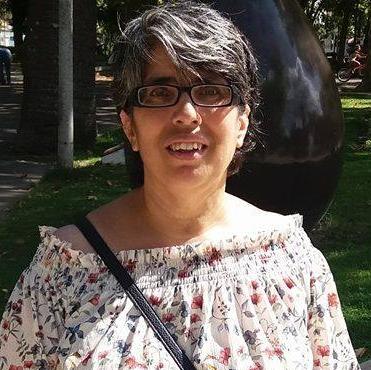
Oct 2, 2017

Victoria Brewer, SSOFT Project and Organisation Manager
This September, SAFE started developing a standalone tool Learning Management System (LMS) that can be accessed by SAFE members online in any location. This project’s title is
Stroke Support Organisation Faculty Tool (SSOFT)
The SAFE board approved the appointment of Victoria Brewer as SAFE Project and Organisation Director. We asked Victoria about this project, its main features and what would be the expected benefit for stroke support organisations.
(more…)

Sep 29, 2017
A national trial involving more than 8,000 patients has revealed that giving oxygen to stroke victims makes no difference to their recovery or chances of survival.
The study was led by Keele University’s stroke specialist Professor Christine Roffe, along with North Staffordshire Combined Healthcare NHS Trust and researchers from the University of Oxford and the University of Birmingham, and was funded by the National Institute for Health Research. (more…)

Sep 29, 2017
Research led by Nicolas Bazan, MD, PhD, Boyd Professor and Director of the Neuroscience Center of Excellence at LSU Health New Orleans, has discovered a new class of molecules in the brain that synchronize cell-to-cell communication and neuroinflammation/immune activity in response to injury or diseases. Elovanoids (ELVs) are bioactive chemical messengers made from omega-3 very long chain polyunsaturated fatty acids (VLC-PUFAs,n-3). They are released on demand when cells are damaged or stressed. (more…)

Sep 28, 2017
Source: https://worldstrokeorganization.blogspot.com

Anabela Resende, source: Facebook
Anabela Resende, a survivor of stroke and member of the board of Portugal AVC, shares her stroke experience and reason for preventing strokes.
Where were you when you had your stroke?
I suffered the stroke on January 12, 2013, while I was enjoying a vacation with my husband in the city of Peniche, Portugal.
Could you access a hospital?
I was immediately referred to a hospital.
What expectations did you have for your treatment, rehabilitation, recovery?
At first I did not have great expectations, although I wanted to recover a lot, I was not discouraged, I used to be careful not to create expectations that might not be possible.
(more…)

Sep 28, 2017
New research released on 21st September 2017 by The Economist Intelligence Unit (EIU), a division of The Economist and a leader in global business intelligence, revealed that on average, more than 75 percent of people aged 65 and older worldwide are not being screened for atrial fibrillation (AF) and other common stroke risk factors during routine primary care examinations, even though this population is at high risk for stroke. The EIU “Preventing Stroke: Uneven Progress” report, sponsored by The Bristol-Myers Squibb-Pfizer Alliance, conducted an analysis of 20 countries and found that efforts to screen people for stroke risk factors including AF and hypertension varied widely, even in countries with established health care and developed economies.
(more…)









